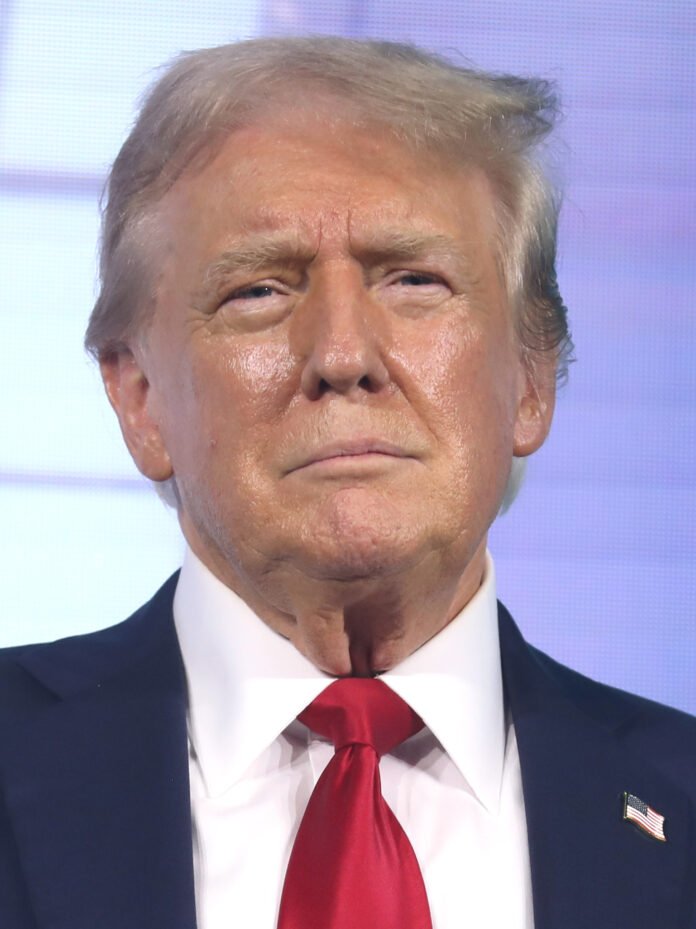President Trump declared he would decide on U.S. strikes on Iran “within the next two weeks,” creating uncertainty. This timeframe allows for immediate action or extended diplomatic efforts, leaving allies, adversaries, and markets in suspense.
1. Strategic Ambiguity
By refusing to commit one way or the other, Trump preserves maximum flexibility.
- Iran and Israel remain unsure about potential U.S. airstrikes, disrupting enemy strategies and granting Washington strategic advantage.
- Prematurely declaring an attack could trigger Iranian pre-emptive strikes or compel U.S. forces into rushed actions without comprehensive readiness and strategic planning.
2. Diplomatic Cover and Pressure
The “two-week” window creates breathing room for quiet diplomacy.
- In Geneva, Britain, France, and Germany are boldly negotiating with Iran to resurrect the nuclear agreement or strategically extend the timeline.
- U.S. diplomats and Secretary of State Marco Rubio are coordinating with global allies to align sanctions and communication, aiming for a unified approach. By hinting at military action, Trump seeks to pressure Tehran into negotiations without actual conflict.
3. Military Readiness
Behind the scenes, the Pentagon is using the extra time to ready plans and assets.
- Bunker-buster plans for the Fordow site are still possible, but they need precise intelligence and strategic planning.
- Ships, bombers like B-2s with GBU-57s, and regional bases must be strategically aligned for rapid action when commanded.
- U.S. Central Command probably conducts readiness drills quietly to prevent alerting Iran too soon.
4. Domestic Political Calculus
The delay also serves internal U.S. purposes.
- Trump’s decision to delay military action pleases isolationist supporters like Tucker Carlson and Marjorie Taylor Greene, who are wary of military interventions.
- Pro-Israel Republicans like Lindsey Graham and Ted Cruz urge strong action, confident that time constraints ensure force is still an option.
- In an election year, Trump can argue he tried diplomacy first before considering war, appealing to both peace advocates and military supporters.5. Economic and Market Impacts
Oil prices and global markets have already jittered.
- An unexpected assault on Iran’s sites or a Hormuz blockade might propel oil prices over $100/barrel, fueling U.S. inflation and voter dissatisfaction.
- A two-week period stabilizes short-term market fluctuations, but any error might disrupt this calm.
6. Risk Management
Trump’s pause buys time to weigh the risks:
- A swift attack could spark a broader regional conflict with Iran’s allies in Iraq, Syria, Yemen, and Lebanon.
- Public opinion can turn negative rapidly if civilian casualties increase, especially following Israel’s significant civilian losses in its Tehran attacks.
- Attacking Fordow too forcefully could prompt Iran to accelerate its nuclear activities or enhance underground enrichment levels.
7. Possible Outcomes
By the end of the two-week window, Trump may:
- If diplomacy fails and intelligence verifies an imminent Iranian threat, the U.S. might collaborate with Israel in strategic bombings.
- If sanctions are effective or talks seem hopeful, Trump might delay indefinitely, declaring the success of “maximum pressure.
- Switch to stealth tactics: Special forces raids or cyber-attacks might substitute wide-scale airstrikes, providing deniability and reducing escalation risk.
Conclusion: A Calculated Pause
Trump’s choice to delay is not indecision; it’s a calculated move. This strategy involves creating uncertainty, providing diplomatic flexibility, preparing militarily, and balancing domestic politics. The outcome—whether conflict with Iran or successful negotiations—remains uncertain. However, by postponing action, Trump keeps all parties uncertain until a final decision is made.
READ MORE: Grooming Gang Survivors Demand End to Political “Tug of War” Ahead of National Inquiry
